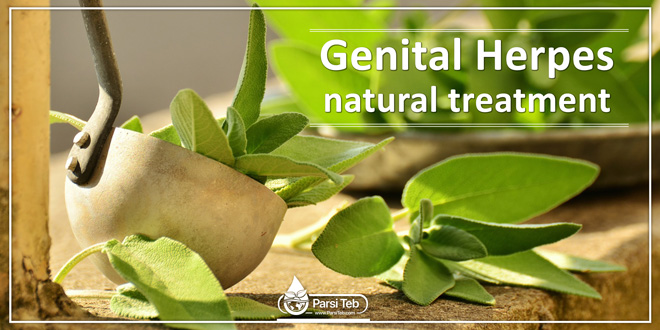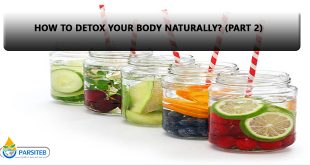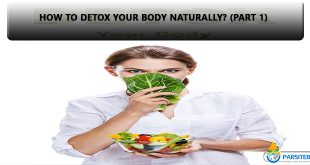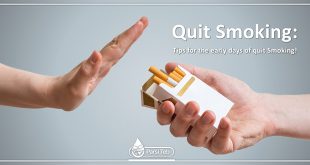Genital Herpes: Natural Remedies
Vitamin C enhances immunity by acting as an antioxidant, antihistamine, antiviral and antifungal. It may also enhance white blood cell activity and promote production of interferon-specific immunoactive proteins released by blood cells in response to viral infections.
Zinc has been shown in several clinical trials to reduce the frequency and severity of herpes outbreaks. It may inhibit the ability of the herpes virus to reproduce itself, particularly when applied topically to lesions (zinc sulfate ointment). Zinc supplementation in the form of 60-90 mg daily (taken in divided doses of 15-30 mg at a time with food to prevent nausea from developing) appears to enhance cell mediated immunity and help the immune system identify and fight the virus. This large dose may be continued for a month or two, then reduced to 30 mg daily as immune function improves and outbreaks decline.
Lysine has been shown to be important in the prevention and treatment of herpes outbreaks. Some researchers believe a diet high in arginine and low in lysine may activate the herpes virus and promote outbreaks. HSV replication requires arginine, so a diet high in lysine may block arginine and prevent it from activating the virus. Most high protein foods contain many amino acids, including both arginine and lysine. Chocolate, nuts and grains are high in arginine while relatively low in lysine. Legumes have a high lysine content and are lower in arginine. No amino acid should be taken exclusively for more than one month. Favoring one amino acid can lead to deficiencies in other amino acids. Lysine is best used as part of a comprehensive program that includes diet, herbs and immune support.
Aloe vera, an excellent antiulcer and vulnerary, can be applied topically to lesions and also taken internally for its antiviral effect. Recent research has identifed several immune stimulating compounds in aloe gel. Take 1-2 oz. aloe juice mixed with fruit juice daily for chronic viral infections. The amount can be increased up to a pint or more a day.
Lemon balm (Melissa officinalis) has been shown in research too have antiviral effects against the herpes virus. Applying strong lemon balm extracts to initial herpes outbreaks can prevent recurrence, or can speed healing. Creams prepared from highly concentrated melissa extracts and melissa essential oil are now available.
Licorice is an antivral known to reduce inflammation and heal ulcers. It contains a steroid-like saponin called glycyrrhizin which can alleviate pain and speed healing of herpes lesions. It should be applied topically and taken internally for best results. Prepare tea by boiling one teaspoon shredded root per cup of water for five to 10 minutes. Drink four to five cups of licorice tea per day at the onset. A cloth soaked in the tea and applied to ulcers may speed healing. Salves containing glycyrrhizinic acid, one of the antiulcer compounds in licorice, are available.
 Parsi Teb Physical and Mental Health Journal
Parsi Teb Physical and Mental Health Journal 



